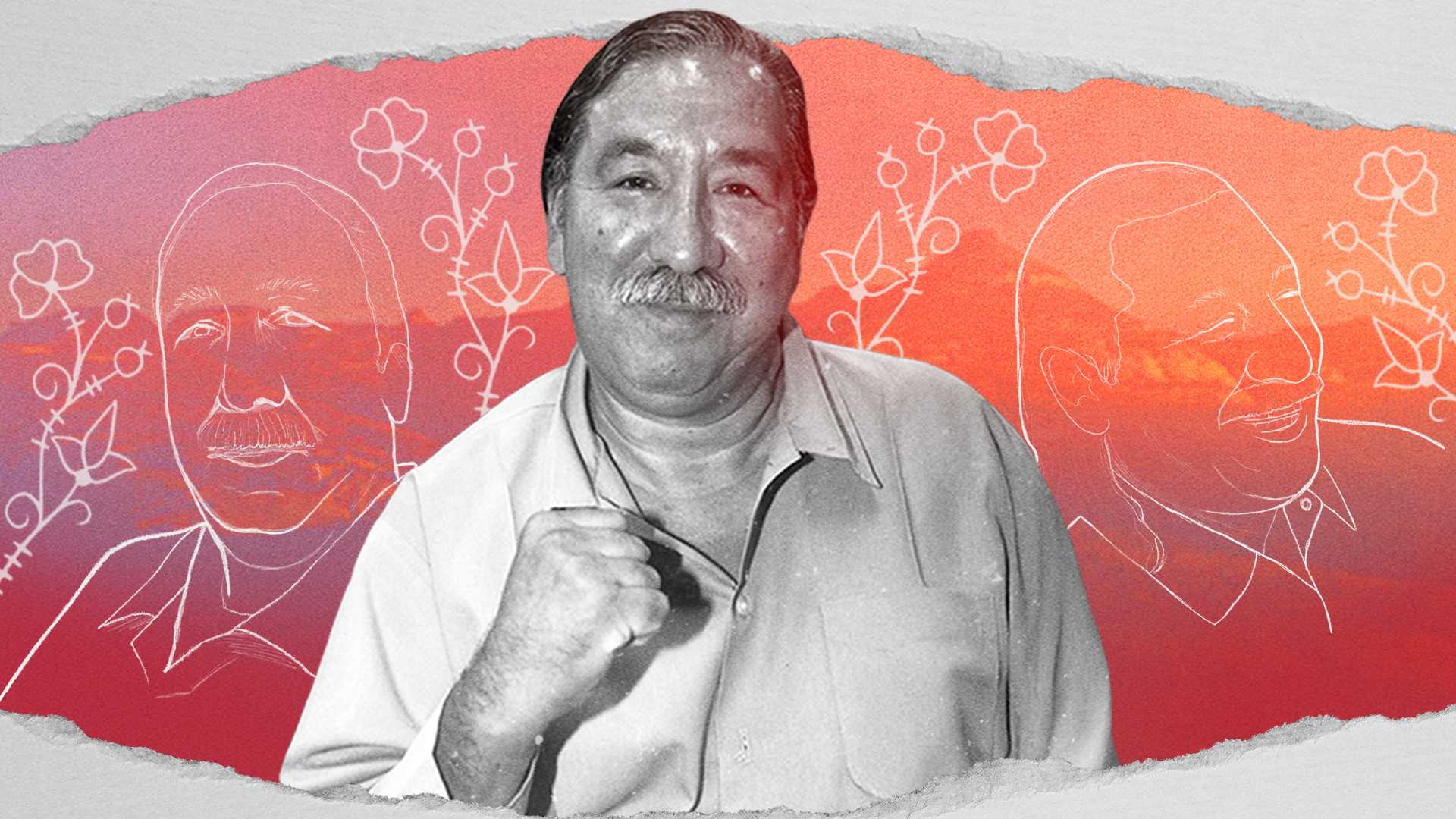News
Leonard Peltier Released from Prison After 50 Years of Incarceration

BELCOURT, N.D. (AP) — Leonard Peltier, an Indigenous activist incarcerated for nearly five decades for the killings of two FBI agents, was released from a federal prison in Florida and will return to his home in North Dakota on Tuesday, Feb. 18. Peltier, now 80 years old, has long maintained his innocence in the 1975 shootings and his release comes after former President Joe Biden commuted his life sentence.
Following the commutation, Peltier will serve the remainder of his days under home confinement. Family members are preparing a celebratory welcome home event to honor his return. “To have Leonard coming home after nearly 50 years is a very historical day not only for the family but for all Indigenous people,” said Sheila Peltier, Leonard’s sister, in an interview.
Peltier’s imprisonment has been a symbol of systemic injustice toward Native Americans, with advocates arguing that his trial was tainted by racial bias and prosecutorial misconduct. Supporters from various backgrounds, including prominent figures such as Pope Francis and civil rights leaders, have campaigned for his release, citing medical concerns due to Peltier’s declining health, including diabetes and hypertension.
“He represents every person who’s been roughed up by a cop, profiled, had their children harassed at school,” said Nick Estes, a professor and member of the Lower Brule Sioux Tribe who has advocated for Peltier’s release. His family is hopeful his return will initiate a healing process after years of separation.
Leonard Peltier was convicted in 1977 for the murders of FBI agents Jack Coler and Ronald Williams during a tense standoff on the Pine Ridge Indian Reservation. The agents were there to serve arrest warrants and were killed during a shootout that investigators say involved multiple parties. Peltier was found to be the only individual possessing a weapon that could have inflicted the lethal wounds, though his defenders argue that the evidence against him was unreliable.
Despite long-standing claims of innocence, Peltier was denied parole in 2022 and was not eligible for consideration again until 2026. His case has drawn significant attention, leading to renewed calls for justice and healing within Native communities.
Amnesty International has labeled Peltier a political prisoner and raised concerns regarding his treatment throughout his incarceration. Paul O’Brien, executive director of Amnesty International USA, praised the decision to release him but lamented the restrictions implied by home confinement. “Leonard Peltier’s release is the right thing to do given the serious human rights concerns about the fairness of his trial,” he stated.
Once released, Peltier is expected to reunite with family and community members in a celebration that promises to draw hundreds. A traditional gathering is planned at a local venue, where a meal will be served in his honor, and attendees are encouraged to bring signs and drums to welcome him.
As he returns to the Turtle Mountain Reservation, family members and advocates stress the importance of this moment, both symbolically and personally. “It gives back our brother to us, a man that stands for us and did so much for the Indigenous people,” Sheila Peltier said.












